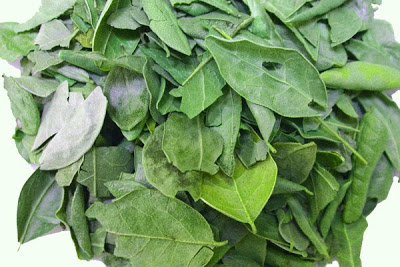- Boldo is a tree that grows in the Andes mountains in South America. Interestingly, fossilized boldo leaves dating from over thirteen thousand years ago have been found in Chile. These fossils have imprints of human teeth, suggesting that boldo has a long history of dietary or medicinal use.
Contents
Uses
- In Chile, the yellowish-green fruit is eaten, its bark used in tanning, and its wood used for charcoal.
- Boldo leaves have been used by South American natives against diseases of the liver and for the treatment of gallstones. The plant is used in homeopathy in the treatment of digestive disorders, as a laxative, choleretic (a stimulant of bile secretion), diuretic, and for hepatic diseases.
- The leaves also have been used for worms, urogenital inflammations (eg, gonorrhea, syphilis), gout, rheumatism, head colds, and earaches.
- Boldo extract is used as a flavoring for alcoholic beverages.
- GI disorders: Boldo and boldine (an alkaloid present in boldo) extracts are known to exhibit choleretic properties (stimulating bile flow). Boldo is an ingredient found in some liver and GI herbal combination products. Boldo in combination with cascara has been used to treat constipation in the elderly.
- Anti-inflammatory/Antipyretic: Boldo has been shown to exert anti-inflammatory and antipyretic (anti-fever) effects. BoldinE is an effective inhibitor or prostaglandin synthesis, part of the inflammatory process. Research reveals no clinical data regarding the use of boldo as an anti-inflammatory and antipyretic.
- Antioxidant: Boldo has been shown to possess cytoprotective (cell protective) and antioxidant properties. While there are some animal studies that show liver cell protection, there are no human clinical studies regarding the use of boldo as a cytoprotective.
Benefits
- Boldo contains chemicals that might increase urine output, fight bacterial growth in the urine, and stimulate the stomach.
Cautions
- Boldo is known to be a CNS stimulant.
- Patients with kidney disorders, liver disease, gallstones, and other medical illnesses should not use this herbal.
Interactions
- Boldo ingestion may enhance the anticoagulant effect of warfarin, increasing the risk of bleeding. Patients taking warfarin should consult their health care provider before taking boldo or other herbal products.
Other Names
Boldea fragrans, Boldine, Boldoak Boldea, Boldo Folium, Boldus, Boldus Boldus, Peumus boldus, Peumus fragrans.
References
- Source: WebMD, “Raspberry Ketone”, www.webmd.com/vitamins-supplements/
- Source: www.drugs.com/npc/boldo.html

